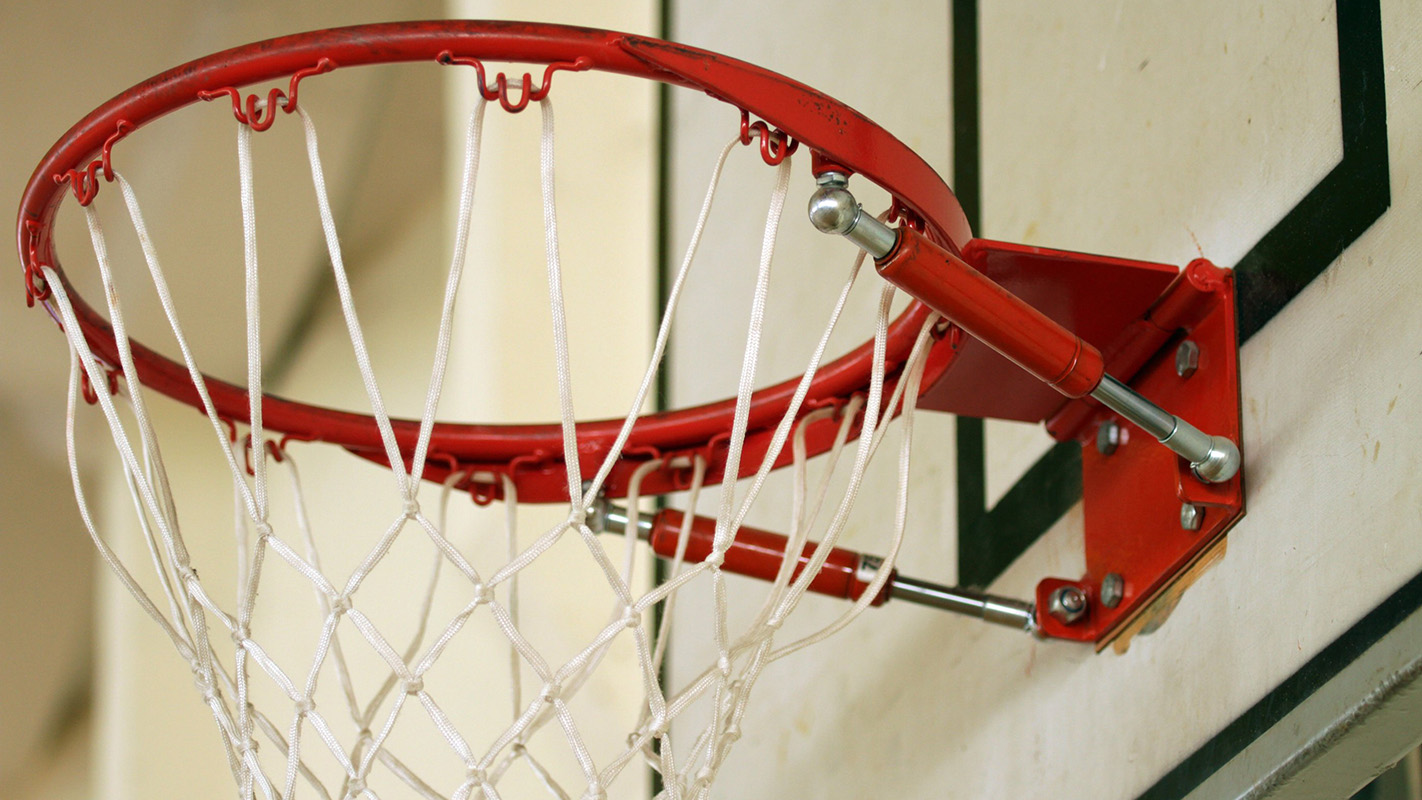Study Highlights ‘Emotional Labor’ of College Student-Athletes

For Immediate Release
A recent study from North Carolina State University highlights the “emotional labor” required of collegiate student-athletes, which can leave student-athletes feeling powerless, frustrated and nervous. The study calls on universities to better prepare their student-athletes with communication skills they can use to address the challenges of emotional labor.
Emotional labor is effectively the requirement that an individual display certain emotions. For example, 911 operators are required to be calm no matter what circumstances they must deal with. Similarly, collegiate student-athletes are expected to present a positive, upbeat image consistent with the teams they play for – regardless of their personal thoughts and feelings.
“I wanted to know how athletes manage this emotional labor,” says Lynsey Romo, an assistant professor of communication at NC State and author of a paper describing the work. “How do student-athletes deal with the pressure they’re under to present a specific emotional image all the time, in addition to the other performance and academic requirements they face?”
For this qualitative study, Romo conducted in-depth interviews with 17 student-athletes at a Division I university in the Southwest.
“I found that student-athletes often felt powerless – that they had little control over their lives on or off the field,” Romo says. “They also felt frustrated that they couldn’t speak their minds, and nervous that they would somehow fail to present the desired image to the public, perform at the required level, or meet academic expectations.”
Study participants also reported that they had to express mental toughness and feelings of gratitude about the opportunity to participate in college sports, regardless of what was happening in their personal lives – such as the illness or death of family members.
“Study participants openly acknowledged the pressure of constantly being in the public eye and having their emotions regulated,” Romo says. “Whenever they were in public, even if it was just going out for a meal, they felt like they constantly had to be ‘on.’”
Overwhelmingly, the student-athletes reported the need to turn to teammates for emotional support, and as a group in which they could “be themselves.”
“Both providing and receiving emotional support helped participants work through their emotions and conform to rules about how they presented themselves in public,” Romo says.
“These findings showcase the need for universities to institute policies and programs to prepare student-athletes for this sort of pressure,” Romo adds. “These athletes can become celebrities right out of high school, and they often don’t have the maturity or communication skills they need to navigate this type of emotional labor. And unlike most employees who perform emotional labor, who can freely express their emotions when they are not on the job, student-athletes have such a high profile that their emotions are constantly regulated.”
The paper, “College Student-Athletes’ Communicative Negotiation of Emotion Labor,” is published in the journal Communication and Sport.
-shipman-
Note to Editors: The study abstract follows.
“College Student-Athletes’ Communicative Negotiation of Emotion Labor”
Author: Lynsey K. Romo, North Carolina State University
Published: May 24, Communication and Sport
DOI: 10.1177/2167479516650591
Abstract: Not only are college student-athletes expected to excel on the field and in the classroom, but, as reflections of their university, they must abide by codes of conduct that govern their emotions and communicative behaviors. Interviews of Division I athletes at an academically and athletically elite U.S. university uncovered that similar to employees in the retail and hospitality industries, who are paid to express particular emotions, student-athletes also had to perform emotional labor in order to meet institutional demands. Unlike paid workers, however, student-athletes are considered amateurs and do not receive a salary, and their behaviors are scrutinized most of the day, particularly if they are high-profile players. Despite the powerlessness, frustration, and nervousness student-athletes felt, they were expected to express mental toughness and gratitude. Participants coped with emotional labor demands by turning backstage and relying on teammates for social support. In addition to extending emotional labor research to a new context, this study offers several practical applications, underscoring the need for university athletics departments to prepare and assist student-athletes with the performance and negotiation of emotional labor.
- Categories:


